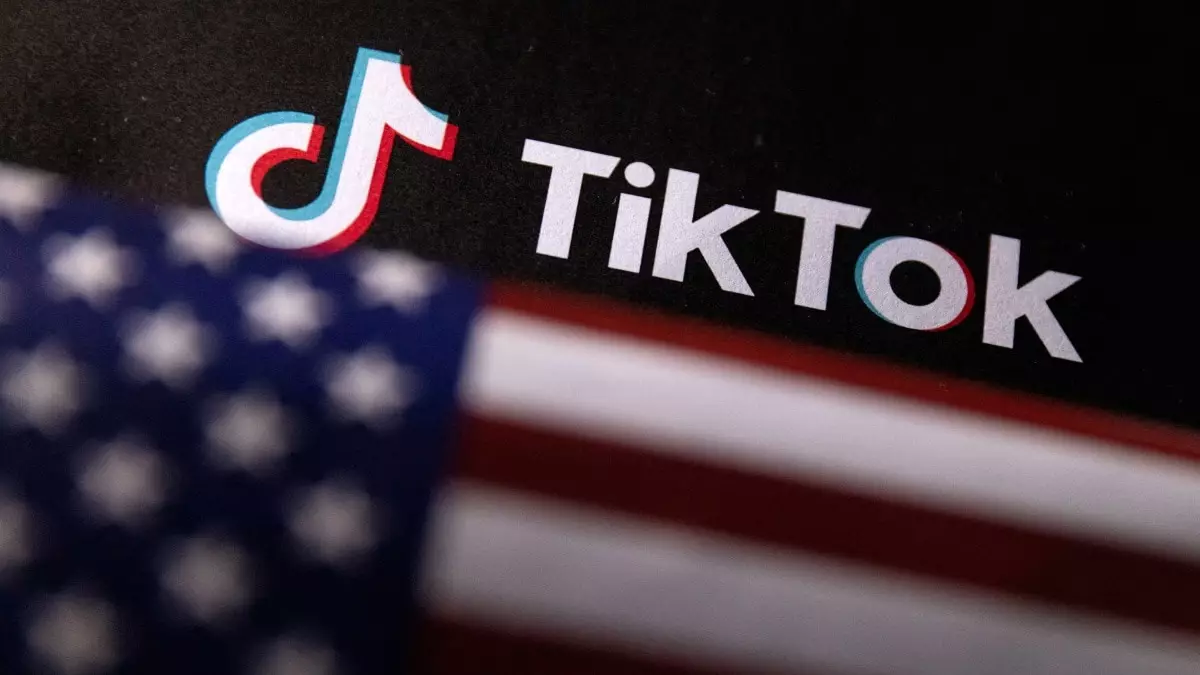The ongoing debate surrounding the popular social media app TikTok is illustrative of the complex intersection between technology, national security, and political maneuvering in the United States. With over 170 million users in the country, TikTok has become a dominant force in the digital landscape. However, its ownership by Chinese company ByteDance has raised significant concerns among U.S. lawmakers, who argue that the potential for data exploitation presents a serious national security risk. The latest twist in this saga involves President-elect Donald Trump, who seeks to pause a legal mandate that could hinder TikTok’s future in the U.S.
In April, the U.S. Congress passed a significant law requiring ByteDance to sell TikTok or face an outright ban by January 19, 2025. As the deadline looms, Trump is advocating for a pause in the law’s implementation, asserting that this would allow for a more nuanced political resolution to what he terms a complex issue. The legal arguments surrounding TikTok will be considered by the U.S. Supreme Court, which has scheduled a hearing for January 10. Trump’s request to delay the enforcement of this law suggests an attempt to shift focus from a legal standpoint to a political one, potentially reflecting a broader strategy to align with the app’s user base and mitigate any backlash.
This development marks a noteworthy reversal in Trump’s previously hostile stance towards TikTok. In 2020, he sought to ban the app and insisted on its sale to an American entity, citing national security threats tied to its Chinese ownership. Trump’s about-face signifies more than just a change of heart; it indicates TikTok’s concerted efforts to woo the incoming administration. The president-elect appears to be leveraging the app’s enormous influence, signaling his intention to engage with its vast user base, which played a significant role during his campaign.
Advocates for TikTok emphasize that the app operates under stringent data safeguards, which they argue mitigate the risk presented by its Chinese ownership. TikTok has made it clear that user data is stored in the United States on Oracle servers, and content moderation is also conducted domestically. These claims challenge the Justice Department’s narrative that Chinese control poses an ongoing risk to national security and further complicate the legal proceedings surrounding the app.
Conversely, the U.S. Justice Department has garnered support from a coalition of 22 attorneys general, led by Montana’s Attorney General Austin Knudsen, who argue that the risks associated with TikTok are too significant to overlook. They contend that allowing a Chinese company to maintain operational control over a platform that influences millions of American users exposes the country to potential foreign interference.
The discussions surrounding the TikTok legislation extend far beyond cybersecurity; they touch upon fundamental concerns regarding free speech and censorship. With fear of retribution from authoritarian regimes often invoked in debates about technology and media platforms, advocates warn that banning TikTok could symbolize a slippery slope toward broader censorship practices in the United States. Notably, several free speech proponents have cautioned the Supreme Court against the implications of endorsing a law that could be interpreted as suppressing individual expression.
As President-elect Trump navigates this political quagmire, the outcome of the Supreme Court’s deliberation holds considerable ramifications for both his administration and the future of social media in America. Trump’s tentative support for TikTok could play a tactical role in enhancing his appeal among younger voters while also indicating a pragmatic shift toward accepting the realities of the digital age. The unfolding drama surrounding TikTok not only captures the attention of millions but also exemplifies the broader tensions inherent to globalization, technology, and governmental oversight—issues that will define the coming era in U.S. politics.

